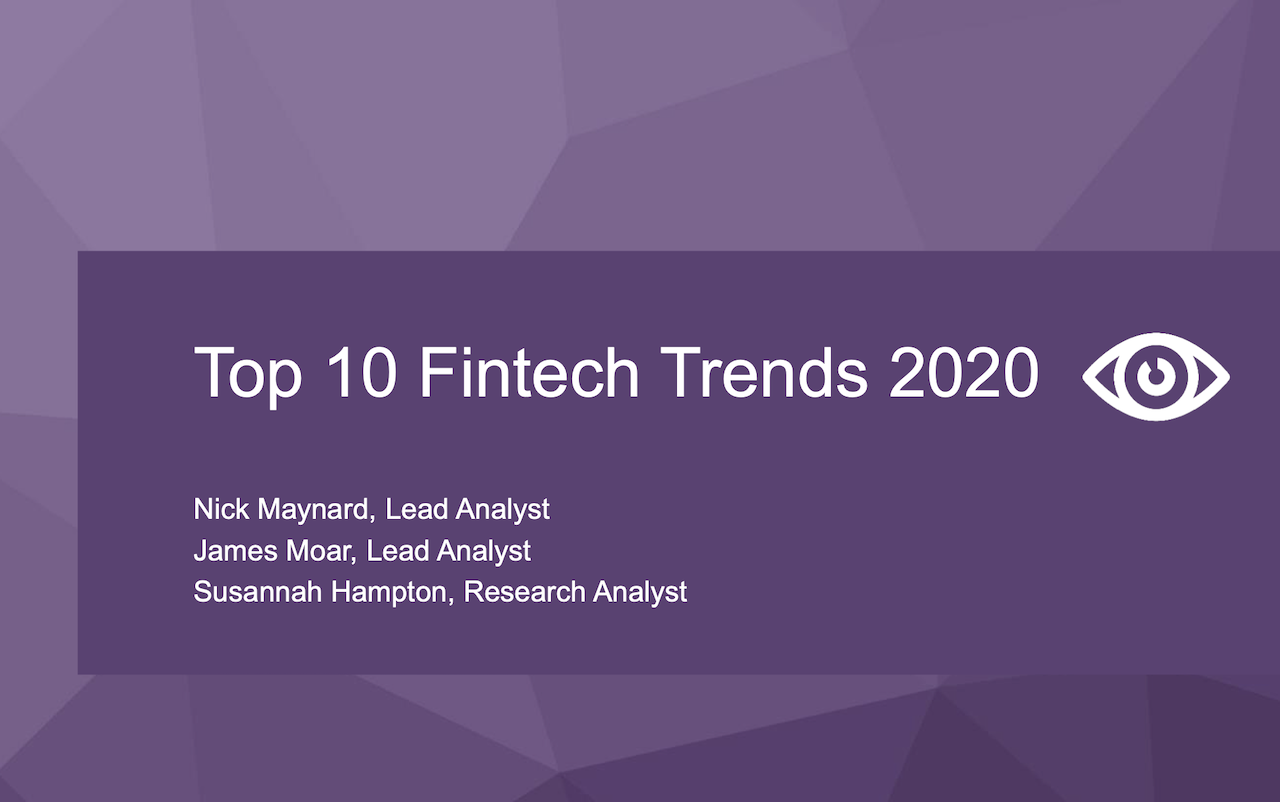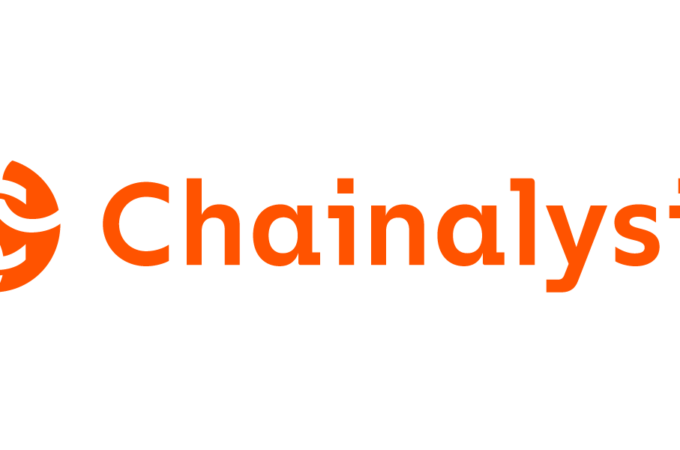
Digital Banks will Evolve into “Full-Bundle Offerings,” Significantly Increasing their Value Proposition
via Crowdfund Insider
Financial service providers and regulators are increasingly focusing on enabling and supporting instant payments, according to Juniper Research.
The researchers note that the EU’s Single Euro Payments Area (SEPA) has “brought down settlement times significantly,” with the SEPA Instant Credit Transfer Scheme helping to reduce them even more.
Juniper acknowledges that there’s still a lot more work that needs to be done to improve how instant payments are processed. The US Federal Reserve has introduced FedNow, however, the quick payments initiative won’t go live until next year.
Juniper claims in its report that the “momentum is rapidly building in instant payments.”
It adds that vendors like SWIFT have been releasing new standards including gpi, which should “significantly reduce payment times,” the report notes.
Juniper confirms that ISO 20022 adoption has been increasing steadily, which should help standardize payments messaging and “make implementation of cross-border schemes easier.”
According to the report, B2B payments are on track to become even faster (because of developments mentioned above and others), and companies will have simplified accounts payable/receivable operations.
Juniper’s research suggests that P2P transactions should become faster, and bill payments should become more convenient.
The company adds:
“Instant payments schemes will accelerate and focus on international interoperability in 2020, enabled by standardization with ISO 20022 and cross-border schemes.”
This should lead to the development of less complicated or simpler B2B payment systems, and increased payment volume for payment processors.
Other key Fintech trends that have emerged include digital banks.
The report states:
“Digital-only banks have emerged in numerous markets, focusing on disrupting single elements of the banking experience. However, this has left digital banks limited in scope and not widely utilized as main accounts.”
For instance, the UK’s digital challenger, Starling Bank, offers an API-based marketplace for personal and business clients. As explained by Juniper. Open Banking APIs simplify this approach as they requiring “relatively small implementation work.”
The report further notes that traditional banks have been launching all-digital brands, like Bó from NatWest, which has made the sector more competitive.
Juniper points out that many Fintech firms have entered the market and are providing banking-related services, including insurance and money management, however, they “lack access to users through bank accounts.”
Juniper predicts:
“Digital-only banks will evolve into full-bundle offerings, increasing their value proposition significantly.”
This will lead to “additional impetus for digital transformation at traditional banks.” It should also result in “more traction” in the all-digital banking sector, with many users gradually moving all their transactions and bank-related activities to these accounts, Juniper noted.
The complete report can be accessed here.





